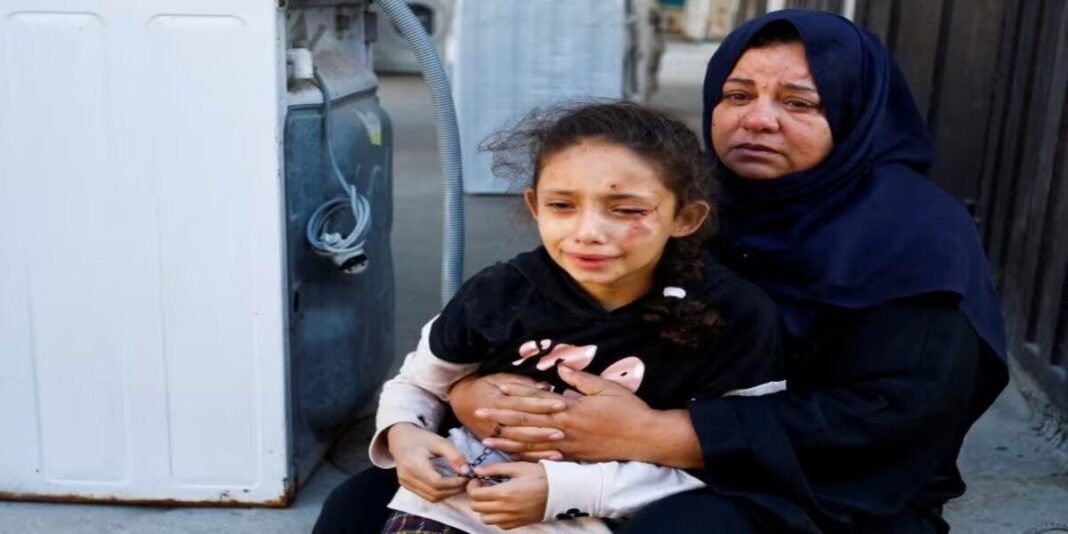Gaza, 30 October 2023 (TDI): UN Women urgently highlights the escalating Gaza conflict’s devastating toll on women. As the war intensifies, women face heightened risks, displacement, and limited access to vital resources.
After the attack by Hamas on Israel on October 7, 2023, causing approximately 1,400 deaths, 4,629 injuries, and around 200 people taken hostage, the Israeli Armed Forces responded with extensive land, sea, and air strikes in Gaza.
As a result, over 7500 Palestinians have died, and more than 14,000 individuals have been injured. UN Women has actively analyzed the impact on women, men, boys, and girls to ensure appropriate responses to their specific needs.
UN Women urges an urgent humanitarian ceasefire and the creation of access for immediate delivery of essential aid, such as food, water, fuel, and health supplies, to women and girls in Gaza.
The situation was already critical, with an overwhelming majority of both men and women deeply concerned about their safety even before the current crisis.
According to a report published by UN Women, stats show that to date 493,000 women and girls have been displaced from their homes. Whereas,900 women have become widows, and new heads of households, following their male partner’s death.
In addition to the urgent need for humanitarian assistance, it is crucial to note that among the population in Gaza, there are approximately 50,000 pregnant women, with 5,522 of them expected to give birth in the next month.
Additionally, the psychological toll on women in Gaza is significant, with many experiencing trauma, anxiety, and stress due to the constant threat of violence and loss of their homes and livelihoods. Displacement also disrupts social support networks, further isolating women and girls.
Due to Israel’s blockade, Gaza families are forced to ration water and electricity, constituting a war crime.
The UN reports that only a fraction of the water supplied by Israel reaches southern Gaza, providing a mere three liters per person daily, far below the recommended 50-100 liters by the World Health Organization.
Humanitarian aid, including water, faces severe restrictions, with only 20 trucks entering Gaza from Egypt between October 21 and 23, just four percent of the previous daily average.
Also Read: Urgent UN meeting: Egypt and Qatar address Gaza crisis
Access to clean water and safe sanitation facilities is crucial for women and girls managing their menstrual hygiene. When these needs go unaddressed, it can result in severe infections, such as hepatitis B and thrush.
Mohammad Rizwan Ali is a dedicated final-year student pursuing a Bachelor's degree in Peace and Conflict Studies from NUML, Islamabad. In addition to his studies, he actively contributes to the field as a content writer and contributor at The Diplomatic Insight, showcasing his insightful perspectives on diplomacy, peace, and conflict resolution.








